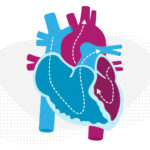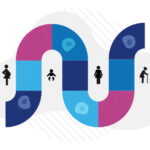Breaking gender biases: What is it like to be a girl with severe hemophilia?
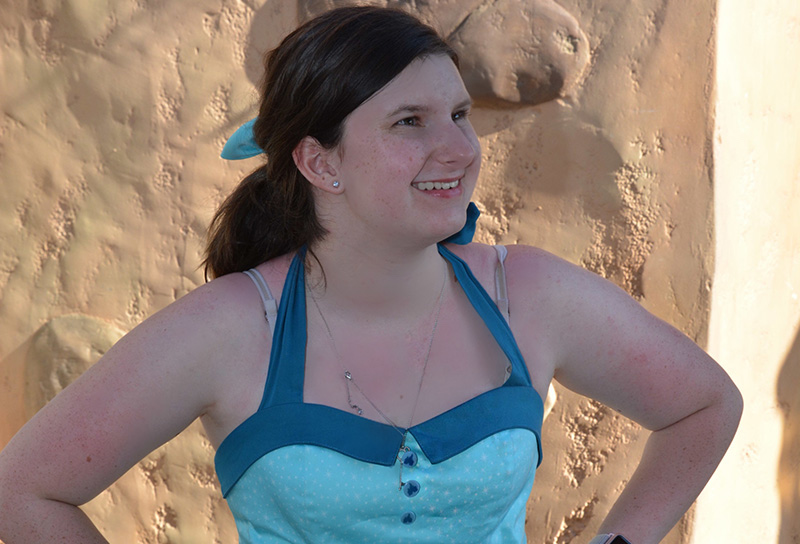
In human biology class this past semester, Morgan DiPrima viewed a PowerPoint presentation that made her head spin. It included a hemophilia slide solely focused on men.
“So, I asked the professor if I could do a class presentation on hemophilia for extra credit.”
Very few college students “request” extra work, but this 19-year-old Dean College junior is a rare individual, living with a very rare condition. Morgan has hemophilia A, an inherited bleeding disorder in which blood cannot clot normally — this makes her vulnerable to deep internal bleeding.
Yes, women can have hemophilia too
Hemophilia is caused by a mutation or change in the gene that regulates the production of factor VIII, an essential blood-clotting protein. Located on the X chromosome, hemophilia almost always occurs in males who only have one X chromosome. Females who inherit an affected X chromosome are often protected by a normal gene on their other X chromosome; however, some female hemophilia carriers also have mild hemophilia. In some rare cases like Morgan, they can even have severe hemophilia.
“Morgan was identified to have both a familial factor VIII mutation, as well as a new mutation that resulted in her having severe hemophilia, meaning she has no detectable factor-VIII level” explains Stacy Croteau, MD, Morgan’s hematologist and associate director of the Boston Hemophilia Center, a joint program between Dana-Farber/Boston Children’s Cancer and Blood Disorders Center and Brigham Health.
While some women who are carriers of the hemophilia gene also have mild hemophilia and may need treatment at the time of a surgery or dental procedure, Morgan actually needs regular replacement of factor VIII — just like all males with severe hemophilia A.
“I infuse every other day to three times a week,” Morgan says.
That’s one of the reasons Morgan felt compelled to educate her biology professor and class about the different stereotypes surrounding hemophilia. “I basically explained that girls can get it too; that if I cut my finger, I’m not going to bleed to death; and I don’t bleed faster, I bleed longer.”
Breaking taboos
Morgan openly and frankly speaks about the challenges she’s faced living with hemophilia. For the most part, she shrugs it off as no big deal but admits she’s had her share of difficult times.
“When I was around 13 and had my first period, it was a living nightmare. I was so weak and so pale, and I was losing so much blood.”
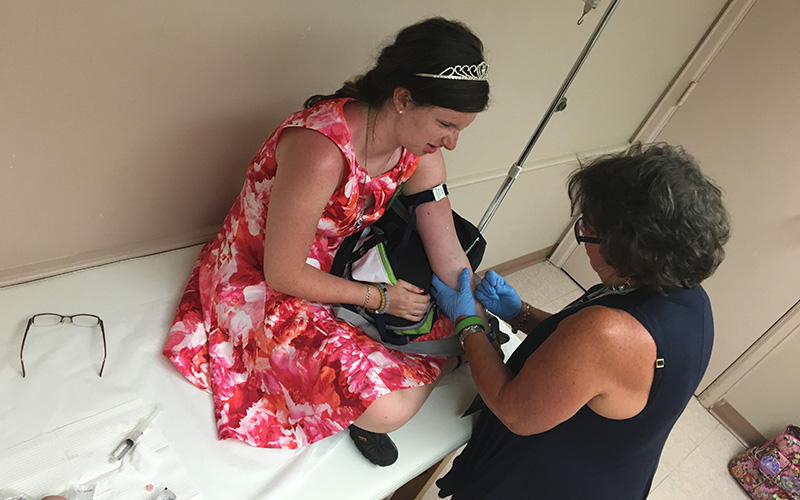
Even for women without a bleeding disorder, a period can be heavy and painful, and according to Dr. Croteau, it can be that much more exaggerated with a bleeding disorder. It’s also something that is a bit taboo, so sometimes — even within families — it’s difficult for a girl to communicate and talk about what they are experiencing.
“Heavy monthly periods can cause significant impacts to quality of life,” says Croteau. Morgan has this very personal, very difficult symptom that is just not addressed in hemophilia groups, because typically everyone else is a different gender. It isolating and challenging.”
Morgan’s care is managed at the Boston Hemophilia Center and in the Young Women with Bleeding (YWB) Clinic. It’s a venue that combines hematology, adolescent medicine, and gynecology. The comprehensive hemophilia program focuses on the special needs of hemophilia patients with special attention to bleeding management and prevention and long-term musculo-skeletal health assessment. The YWB clinic addresses the unique needs of women with bleeding disorders and adds the expertise of multiple providers to ensure that therapy options beyond factor replacement are combined in the optimal way to address the needs of Morgan and other young women.
“There’s a social worker, a physical therapist, and all these different people who are looking out for my care, including Dr. Croteau, whom I love!” she says.
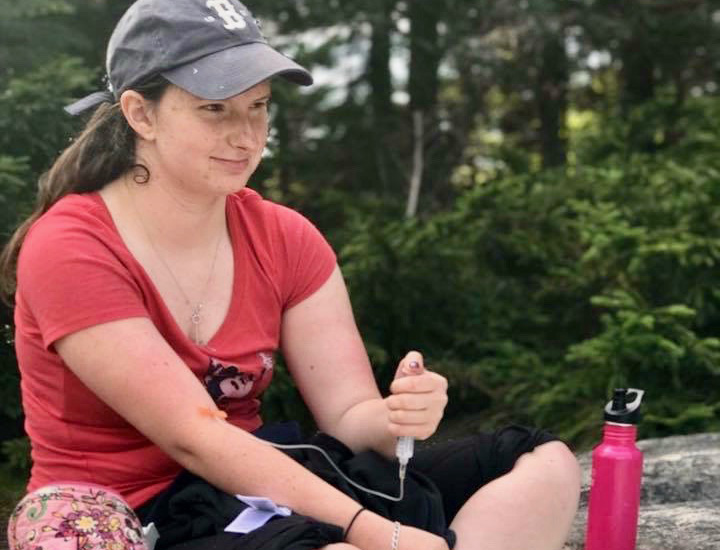
Going to Disney World
Next semester, Morgan plans on studying Hospitality Management at the University of Central Florida in Orlando. She also already has a job lined up at Disney World, a suitable occupation for a girl who describes herself as energetic, playful and bubbly. But there’s also one more adjective she uses — relentless — a trait that truly embodies the way she lives.
When asked what advice she has to offer to other girls living with severe hemophilia, Morgan simply says, “Don’t be afraid to speak up.”
Learn more about the Young Women with Bleeding Clinic.
Related Posts :
-

Tough cookie: Steroid therapy helps Alessandra thrive with Diamond-Blackfan anemia
Two-year-old Alessandra is many things. She’s sweet, happy, curious, and, according to her parents, Ralph and Irma, a budding ...
-

Unique data revealed just when Mickey’s heart doctors could operate
When Mikolaj “Mickey” Karski’s family traveled from Poland to Boston to get him heart care, they weren’t thinking ...
-

It’s all in the PV loops: New analytical model could improve circulation assessments before heart surgery
The double-switch operation corrects the congenital reversal of the heart’s ventricles and its two main arteries. It’...
-

Blood across our lifetimes: An age-specific ‘atlas’ tells a dynamic story
The stem cells that form our blood, also known as hematopoietic stem cells (HSCs), are with us throughout our lives. ...




